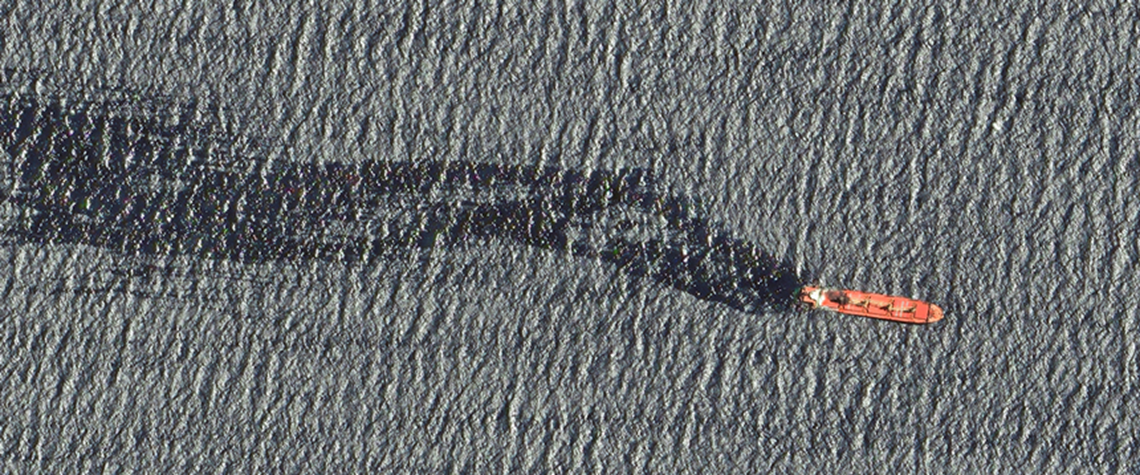Letter from London: IE Week highlights east-west splits
Houthi actions in the Red Sea are compounding the market dislocations stemming from sanctions
International Energy Week (IE Week) in London in February took in a wide range of topics, while once again maintaining a strong focus on the energy transition. And after a number of related industry events were disrupted by climate change protesters in 2023, this year the IE Week organisers sought to head off such disturbances by including protest group members on panels and sessions. But other forms of division also became starkly apparent during the event, as various presentations and speakers demonstrated how a combination of Mideast conflict and ongoing sanctions have effectively split key energy sectors into separate—or at least partially disconnected—markets. The Houthi interdictions i

Also in this section
5 March 2026
Gas is a central pillar of Colombia’s energy system, but declining production poses a significant challenge, and LNG will be increasingly needed as a stopgap. A recent major offshore gas discovery offers hope, but policy improvements are also required, Camilo Morales, secretary general of Naturgas, the Colombian gas association, tells Petroleum Economist
4 March 2026
The continent’s inventories were already depleted before conflict erupted in the Middle East, causing prices to spike ahead of the crucial summer refilling season
4 March 2026
The US president has repeatedly promised to lower gasoline prices, but this ambition conflicts with his parallel aim to increase drilling and could be upended by his war against Iran
4 March 2026
With the Strait of Hormuz effectively closed following US-Israel strikes and Iran’s retaliatory escalation, Fujairah has become the region’s critical pressure release valve—and is now under serious threat







